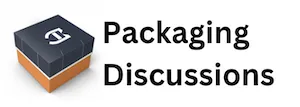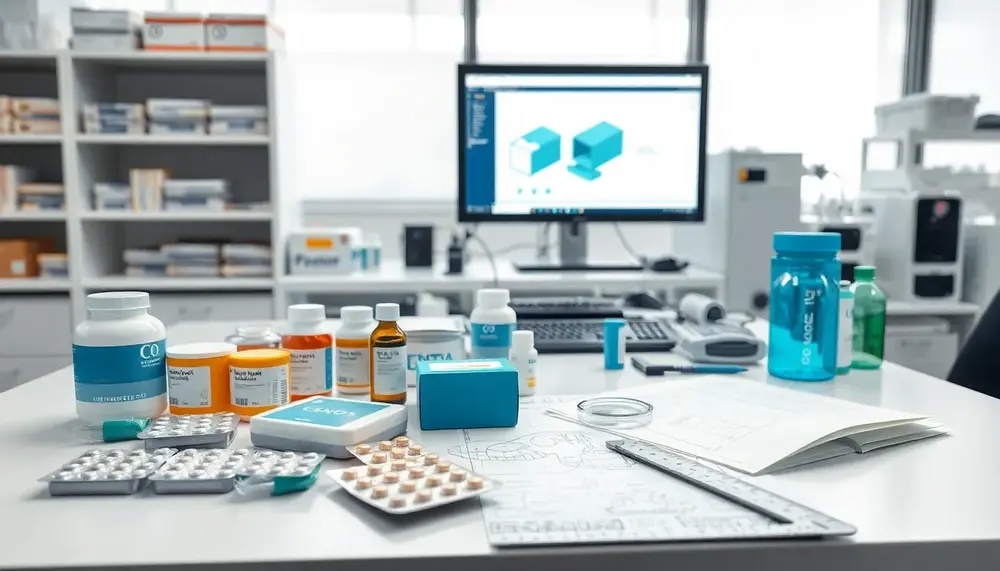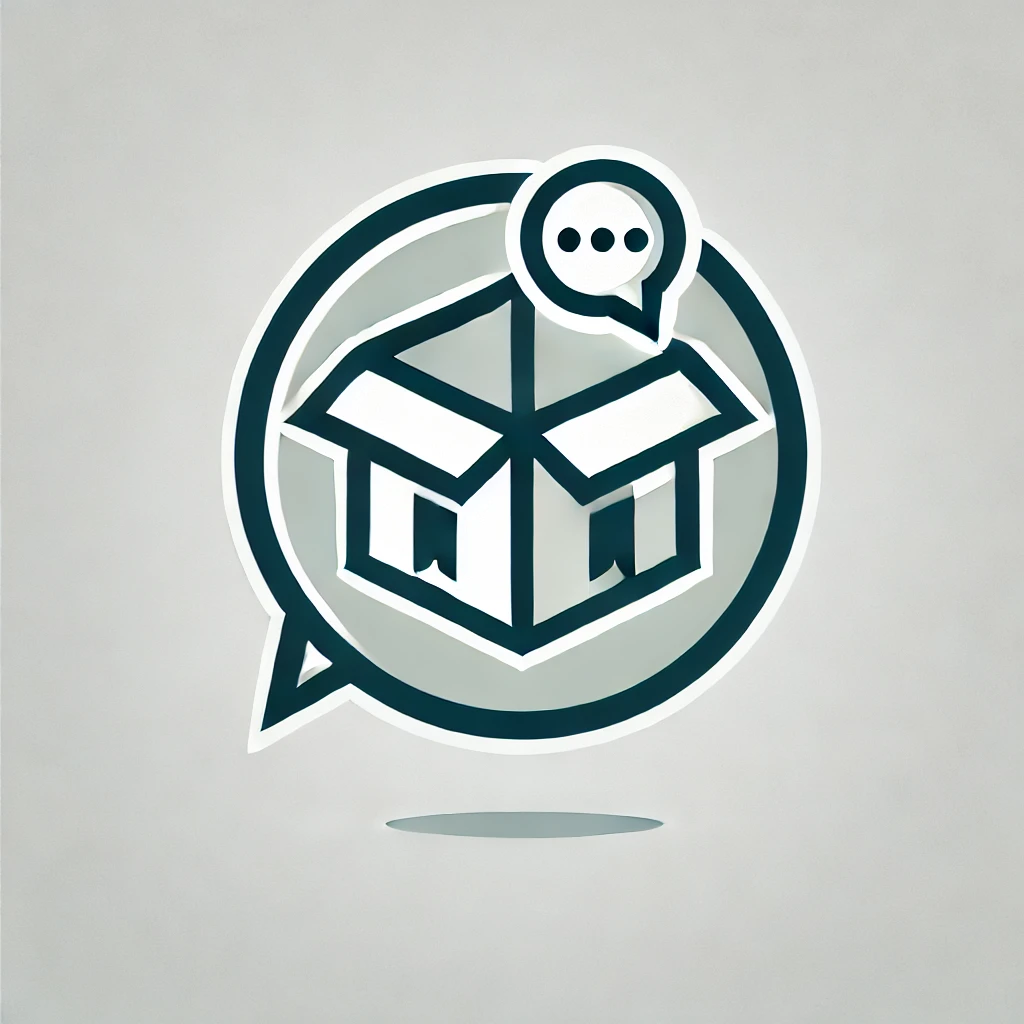Table of Contents:
Introduction to the Pharmaceutical Packaging Engineer Role
So, you're curious about what a Pharmaceutical Packaging Engineer does, huh? Well, let me tell you, it's not just about putting pills in a bottle. This role is all about innovation and precision. These engineers are the masterminds behind the packaging that keeps your medicine safe and effective. They ensure that every box, bottle, and blister pack meets strict regulations and patient needs. It's a job that blends creativity with technical know-how, requiring a keen eye for detail and a knack for problem-solving. Imagine being at the forefront of developing packaging solutions that not only protect the product but also enhance the user experience. That's the essence of this fascinating career!
Key Responsibilities of a Pharmaceutical Packaging Engineer
When it comes to the daily grind of a Pharmaceutical Packaging Engineer, there's never a dull moment. These professionals are the unsung heroes who ensure that your medication arrives in perfect condition. Let's dive into what they actually do:
- Innovation Leadership: They spearhead the creation and development of new packaging materials, constantly pushing the envelope to find better solutions.
- Regulatory Compliance: Ensuring that all packaging meets stringent regulatory standards is a big part of the job. They must stay up-to-date with ever-changing guidelines.
- Cross-Functional Collaboration: Working closely with teams from Quality, Manufacturing, and R&D, they ensure that packaging aligns with broader company goals.
- Testing and Validation: They devise and execute testing strategies to validate packaging under various conditions, ensuring durability and safety.
- Project Management: Coordinating with internal and external stakeholders to keep projects on track and within budget is crucial.
- Material Procurement: They oversee the sourcing and testing of materials, ensuring quality and cost-effectiveness.
In essence, these engineers are the glue that holds the packaging process together, ensuring that everything runs smoothly from concept to delivery. It's a role that demands both technical prowess and creative thinking.
Pros and Cons of a Career as a Pharmaceutical Packaging Engineer
| Pros | Cons |
|---|---|
| High demand due to growing need for innovative packaging solutions. | Requires continuous learning to keep up with changing regulations. |
| Opportunities for career advancement and specialization. | Can be high-pressure with tight deadlines to meet regulatory standards. |
| Engaging work environment with focus on innovation. | Need for meticulous attention to detail and precision. |
| Chance to contribute to global health initiatives. | Extensive industry experience often required to advance. |
| Collaboration with diverse teams enhances teamwork skills. | Communication challenges when dealing with various departments and external partners. |
Qualifications and Skills Needed
Alright, let's talk about what it takes to become a Pharmaceutical Packaging Engineer. It's not just about having a fancy degree, although that helps. Here's the lowdown on the qualifications and skills you'll need:
- Educational Background: A Bachelor of Science in Packaging Engineering or a related field is typically the starting point. This gives you the technical foundation to understand complex packaging systems.
- Industry Experience: You'll need at least five years of experience in pharmaceutical or medical device packaging. This hands-on experience is crucial for understanding the nuances of the industry.
- Technical Knowledge: Familiarity with ISTA/ASTM testing procedures, Good Distribution Practice (GDP), Good Manufacturing Practice (GMP), and Quality Management Systems is a must.
- Shipping Qualifications: Understanding the logistics of shipping and how to qualify packaging for different environments is key.
- Soft Skills: Strong communication and interpersonal skills are essential. You'll be working with diverse teams, so being able to articulate ideas clearly is important.
- Problem-Solving Abilities: A knack for troubleshooting and finding creative solutions to packaging challenges will set you apart.
In a nutshell, becoming a Pharmaceutical Packaging Engineer requires a blend of education, experience, and a unique set of skills. It's a role that demands both analytical thinking and a touch of creativity.
The Work Environment and Opportunities for Growth
So, what's it like to work as a Pharmaceutical Packaging Engineer? Picture an environment buzzing with innovation and a focus on sustainability. These engineers often find themselves in dynamic settings where every day brings a new challenge. The work environment is typically collaborative, with a strong emphasis on teamwork and cross-departmental cooperation.
Now, let's talk growth. Opportunities for advancement in this field are plentiful. As companies continue to prioritize sustainable and efficient packaging solutions, the demand for skilled engineers is on the rise. Here's what you can expect:
- Professional Development: Many organizations offer training programs and workshops to help engineers stay ahead of industry trends and technologies.
- Career Advancement: With experience, you can move into senior roles, overseeing larger projects and teams. This could eventually lead to management positions where strategic decision-making becomes a key part of your job.
- Innovation Opportunities: The push for digital transformation and eco-friendly practices means there's always room for creative thinkers to make a mark.
- Global Impact: Working in this field means contributing to global health initiatives, as packaging plays a crucial role in the distribution of life-saving medications.
In essence, the work environment for a Pharmaceutical Packaging Engineer is both challenging and rewarding, offering a pathway to significant career growth and the chance to make a real difference in the world.
Collaboration and Teamwork in the Industry
In the world of pharmaceutical packaging, collaboration and teamwork are the name of the game. It's not just about individual brilliance; it's about how well you can work with others to achieve a common goal. Let's break it down:
- Cross-Functional Teams: Packaging engineers regularly collaborate with departments like Quality Assurance, Manufacturing, and Research & Development. Each team brings its own expertise to the table, creating a melting pot of ideas and solutions.
- External Partnerships: It's not uncommon for engineers to work with external partners such as testing labs and contract manufacturers. These relationships are crucial for ensuring that packaging solutions are both innovative and compliant with industry standards.
- Communication Skills: Being able to communicate effectively across different teams and stakeholders is vital. Whether it's presenting a new packaging concept or discussing regulatory requirements, clear communication is key.
- Problem-Solving Together: When challenges arise, it's often a team effort to brainstorm and implement solutions. This collaborative problem-solving approach not only enhances the final product but also fosters a sense of camaraderie among team members.
In short, collaboration and teamwork are at the heart of the pharmaceutical packaging industry. It's a field where working together isn't just beneficial—it's essential for success.
Career Path and Advancement Opportunities
Thinking about where a career as a Pharmaceutical Packaging Engineer might take you? Well, the sky's the limit! This role is a stepping stone to a plethora of exciting opportunities. Let's explore the potential career path and advancement options:
- Senior Engineering Roles: With experience, you can climb the ladder to senior positions, where you'll have the chance to lead projects and mentor junior engineers. This is where strategic thinking and leadership skills come into play.
- Specialization: Some engineers choose to specialize in areas like sustainable packaging or digital transformation, becoming experts in niche fields that are increasingly in demand.
- Management Positions: If you have a knack for leadership, moving into management could be your next step. Here, you'll oversee entire teams and have a hand in shaping the company's packaging strategy.
- Consultancy: Experienced engineers often transition into consultancy roles, offering their expertise to multiple companies and helping them innovate and improve their packaging processes.
- Entrepreneurial Ventures: For those with an entrepreneurial spirit, starting your own packaging consultancy or design firm could be an exciting venture, allowing you to apply your skills in new and creative ways.
In essence, a career as a Pharmaceutical Packaging Engineer is just the beginning. With the right mix of experience, skills, and ambition, the opportunities for growth and advancement are virtually limitless.
Conclusion: The Rewarding Nature of the Role
Wrapping it all up, a career as a Pharmaceutical Packaging Engineer is truly rewarding. It's a role that combines creativity, technical expertise, and a touch of magic to ensure that medicines reach patients safely and effectively. Every day presents new challenges and opportunities to innovate, making it a dynamic and fulfilling career choice.
Whether you're developing cutting-edge packaging solutions or collaborating with diverse teams, the impact of your work is tangible. You play a crucial role in the healthcare industry, contributing to the well-being of people around the world. Plus, with numerous paths for career advancement, the potential for personal and professional growth is immense.
In a nutshell, if you're looking for a career that offers both challenge and satisfaction, becoming a Pharmaceutical Packaging Engineer might just be your calling. It's a field where your efforts make a real difference, and that's something to be proud of.
Becoming a Pharmaceutical Packaging Engineer: Key Questions and Answers
What is the role of a Pharmaceutical Packaging Engineer?
A Pharmaceutical Packaging Engineer is responsible for the innovation, development, and management of packaging materials for pharmaceutical products, ensuring they meet regulatory requirements and align with patient needs.
What are the key responsibilities of a Pharmaceutical Packaging Engineer?
Their responsibilities include leading packaging innovation, ensuring regulatory compliance, collaborating with various teams, conducting packaging testing and validation, managing projects, and overseeing material procurement and testing.
What qualifications are needed for a career as a Pharmaceutical Packaging Engineer?
Typically, a Bachelor of Science in Packaging Engineering or a related field, along with at least five years of experience in pharmaceutical packaging, is required.
What skills are essential for a Pharmaceutical Packaging Engineer?
Essential skills include strong technical, interpersonal, and communication abilities, problem-solving skills, and proficiency in working independently and within a team environment.
What are the growth opportunities in this field?
There are numerous opportunities for career advancement, including moving into senior engineering roles, specializing in niche areas, and even transitioning into management or consultancy positions.






